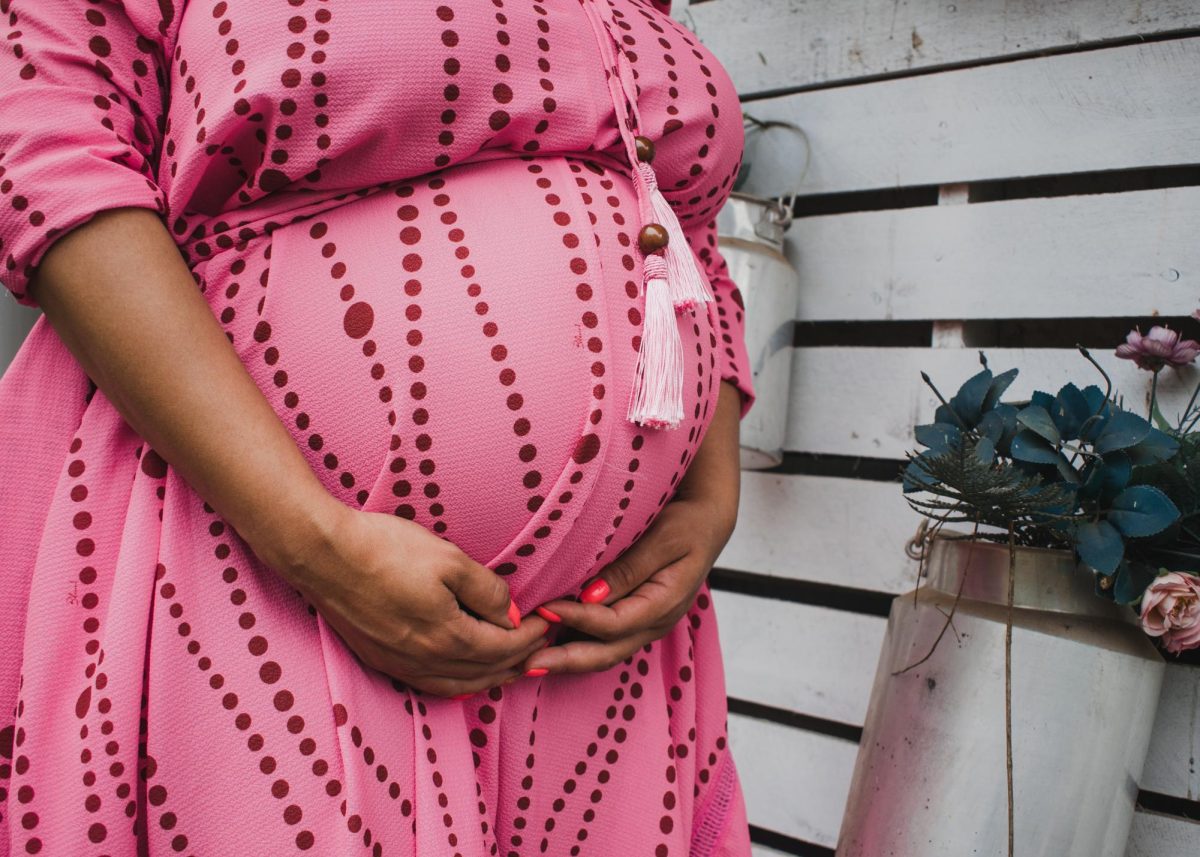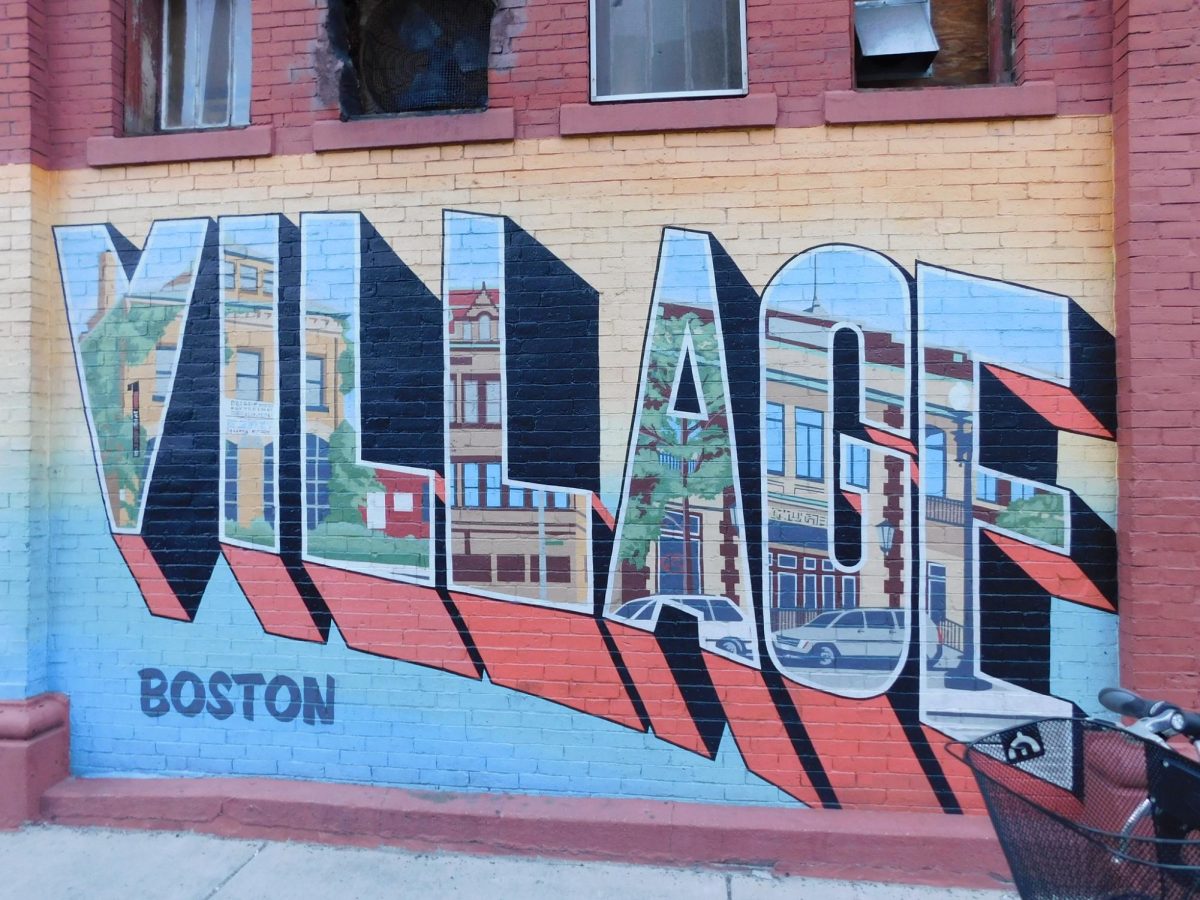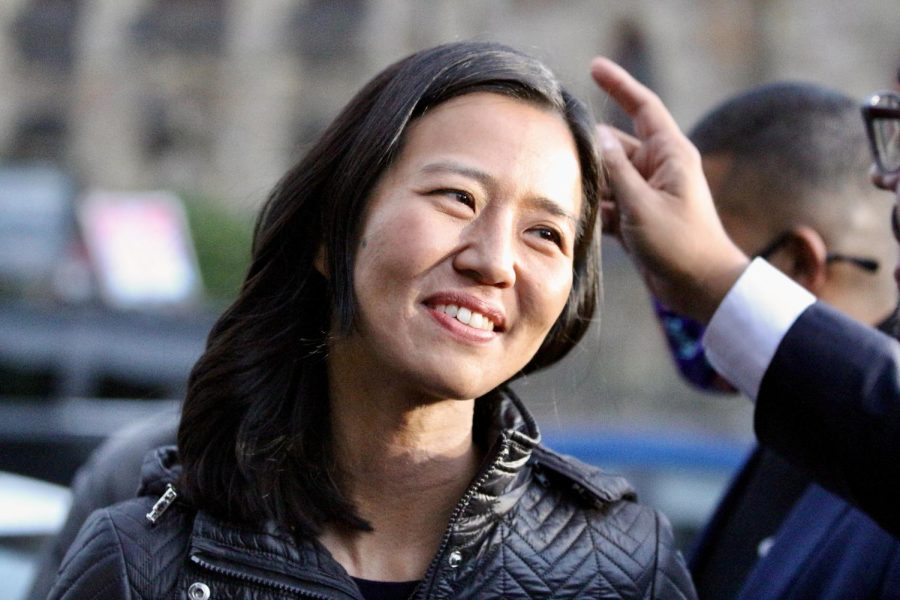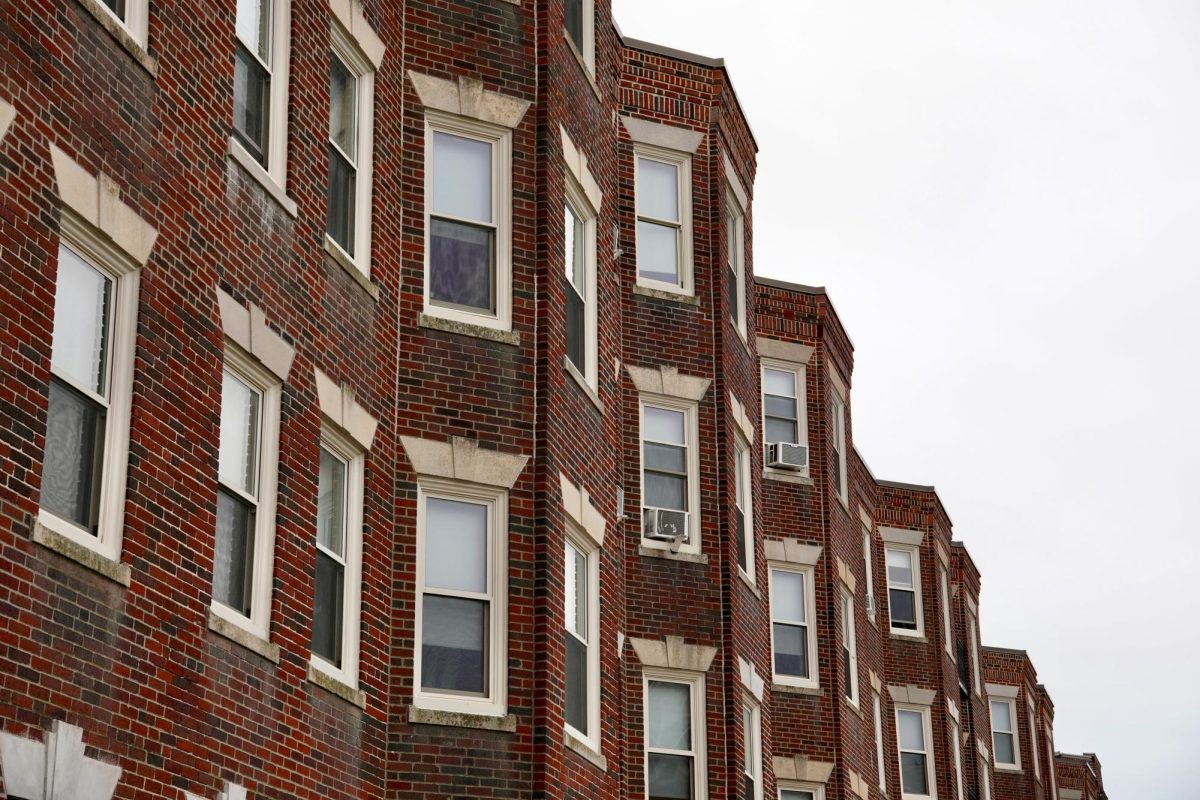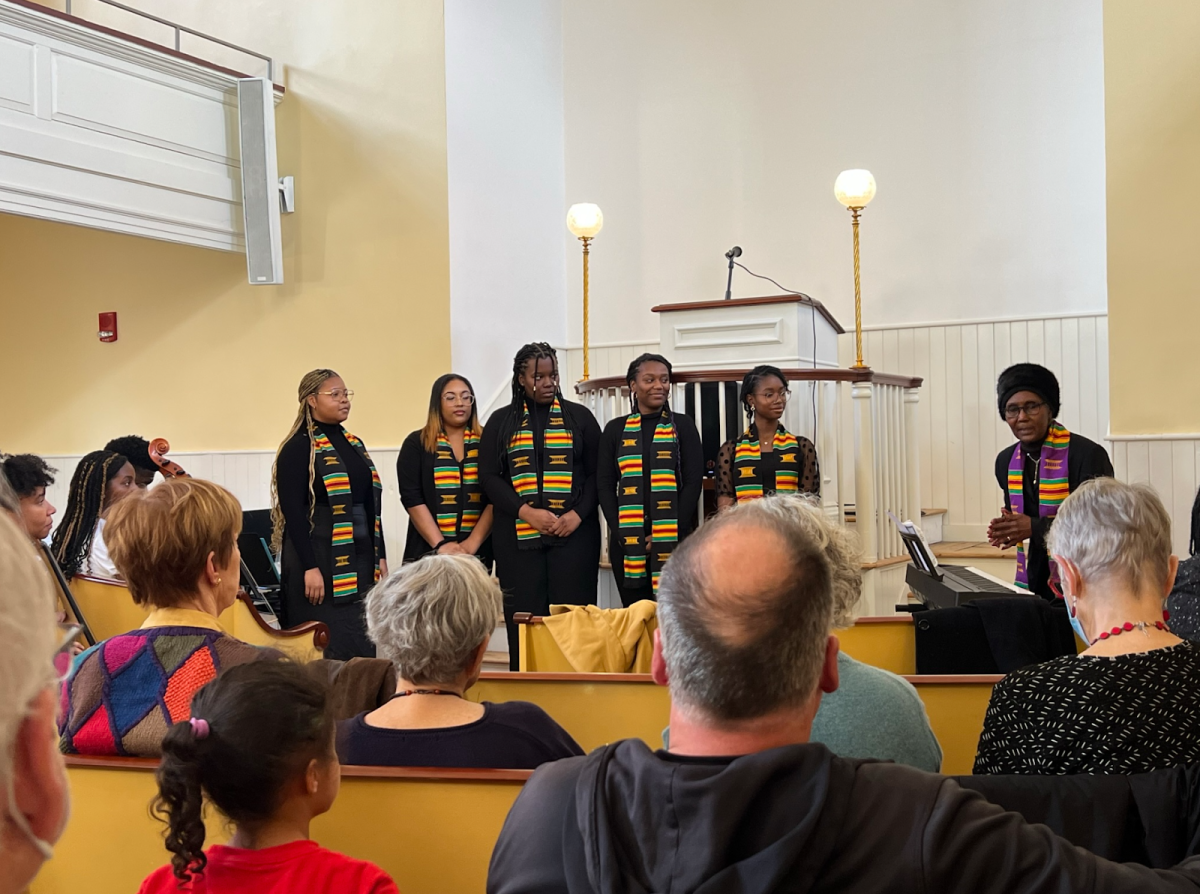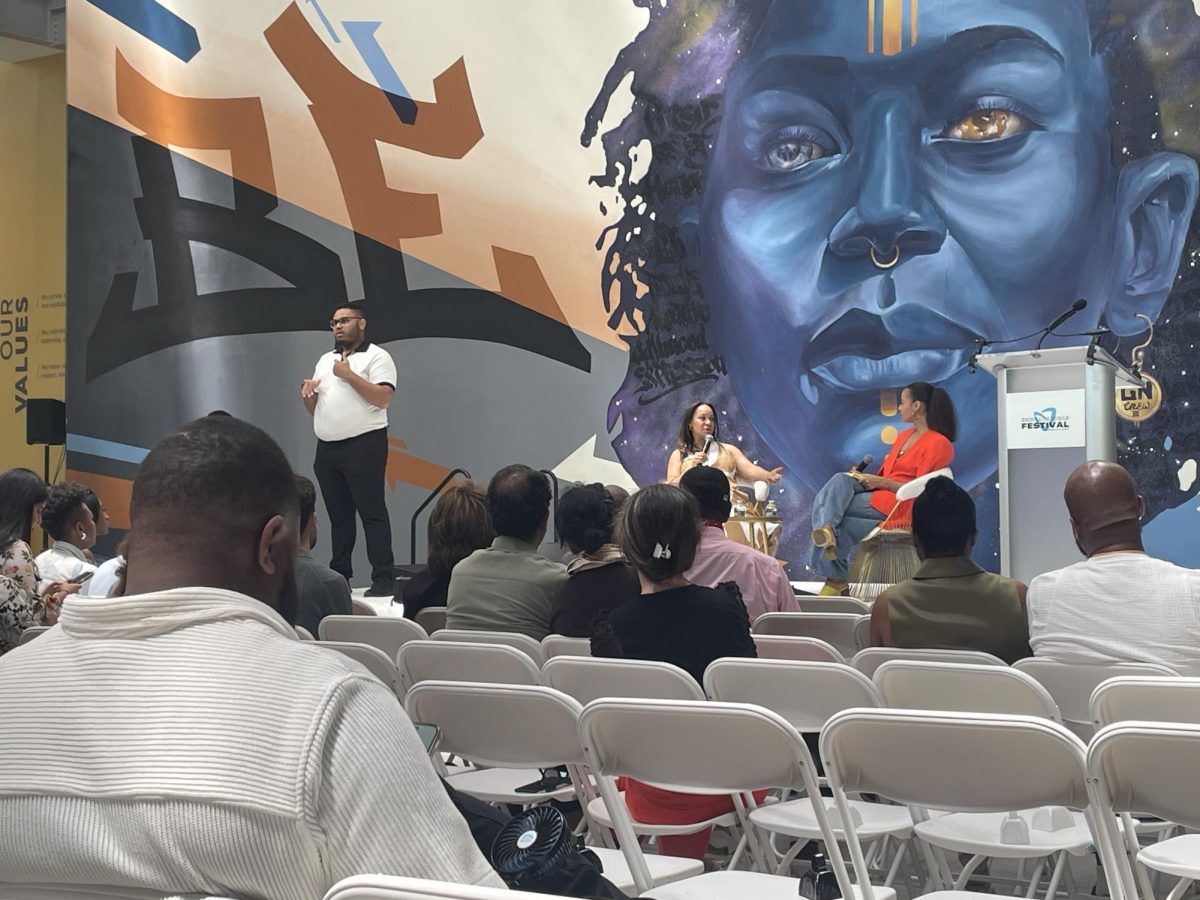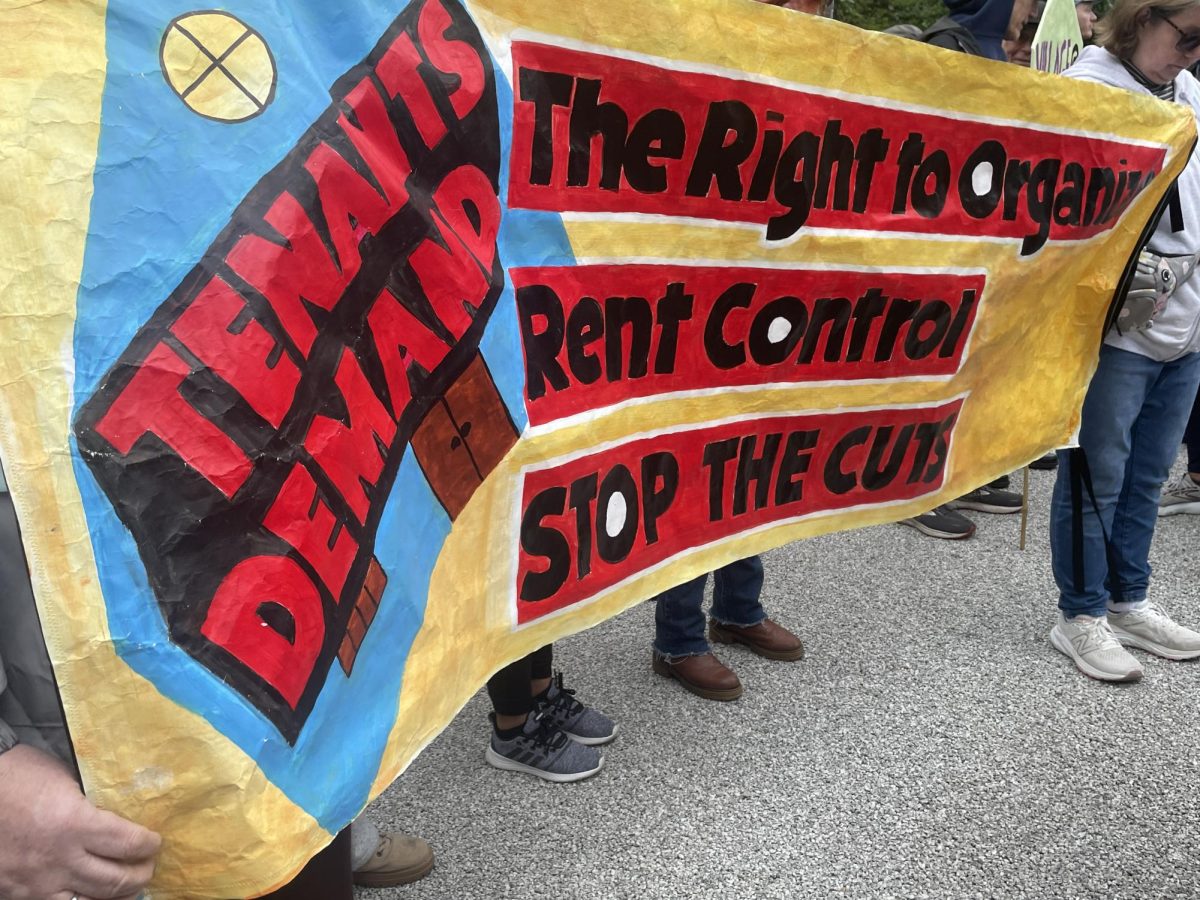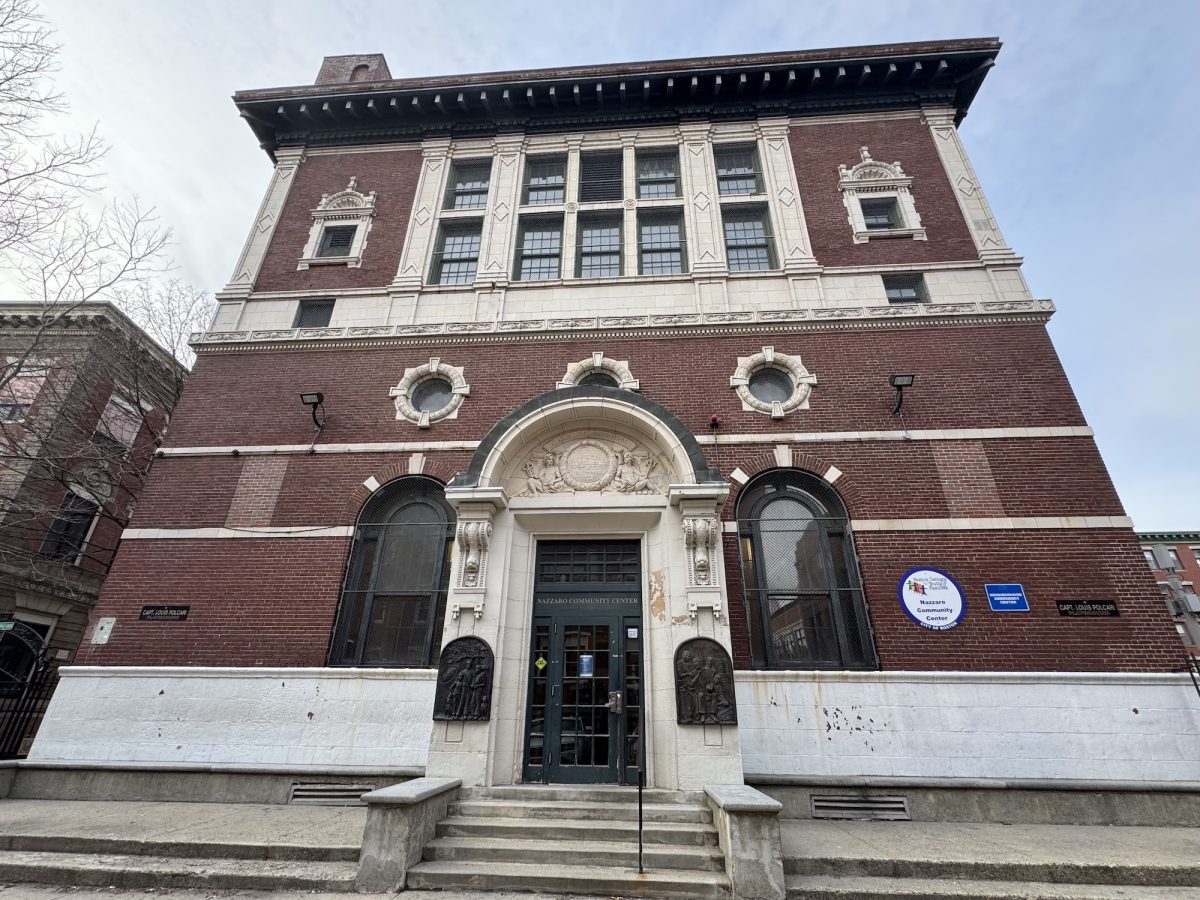This month, Massachusetts could become the 12th U.S. state to implement programs supporting doula work, in an effort to fight increasing maternal mortality rates.
Improvements to birth outcomes are particularly critical to Black people in Massachusetts, who are more than twice as likely as white people to experience severe birth complications, according to a state report released in July, with Hispanic and Asian American residents also at greater risk. To combat this, the state is considering a set of two initiatives: one focused on Medicaid reimbursement from MassHealth and another on private insurance and state-wide credentialing from the Department of Public Health (DPH).
Doulas are health professionals trained to provide social support during the pregnancy, birth and postpartum period. They also often help advocate for their patients before medical staff and healthcare workers, who can easily miss warning signs as when supporting multiple births at a time.
“What doulas provide — beyond what a partner can provide — is objectivity,” said Ananda Lowe, a practicing doula for over 28 years and the director of Boston Doula Circle. “They’re knowledgeable and experienced about emotional and physical comfort measures.”
Many people think of doula work as a luxury service, something that the wealthy might use in order to give themselves a more comfortable birthing experience. However, data suggests that doulas significantly reduce poor birth outcomes, including preterm delivery, low birthweight babies and postpartum depression.
Currently, fewer than a dozen organizations are responsible for training the majority of doulas in Massachusetts, but there is no formal certification process with the state. If passed, the MassHealth and DPH initiatives would formalize this process.
In order to close the gaps between birth outcomes for Black and white communities, both initiatives seek to make doula care more accessible in slightly different ways. MassHealth seeks to make doulas recognized providers and provide them with Medicaid reimbursement, while the DPH program aims to offer that same reimbursement regardless of the patient’s insurance. These two initiatives are tied into two bills currently making their way through the State House: Bill H.1240 and Bill H.1139.
Under MassHealth’s initiative, people covered by the program could access doula care throughout their pregnancy and up to 12 months postpartum, without having to pay out of pocket.
Over email, MassHealth representatives told The Scope that a big portion of their work involved ensuring there are “enough MassHealth-enrolled doulas for our members.”
Speaking about the awareness MassHealth members have of their options when it comes to doula support, the spokesperson also said that “MassHealth will use a multi-pronged approach to raise awareness of the forthcoming doula benefit among members with a focus on reaching the most marginalized communities.”
MassHealth’s initiative is “beneficial in that it is a form of reimbursement” for doula work, said Asteir Bey, the co-founder of the Sankofa Reproductive Health and Healing Center in Syracuse, New York, who noted that her field is often supported by grants from organizations like the Black Doula Project or the federal Health Resources and Services Administration. “It’s also a way for the health department of that state to really acknowledge [the importance of doulas] and also pour back into communities who are already doing this work.”
The Sanofka Reproductive Health and Healing Center emphasizes the role of doula work in promoting maternal health in the Black community.
The DPH doula initiative is a companion program seeking to fill in the rest of the gaps across Massachusetts surrounding doula care. Dr. Ann Peralta, the former director of the division overseeing the DPH doula initiative, said the DPH wants to increase access by standardizing the doula certification process across all types of private insurance.
The Medicaid reimbursement segment of the MassHealth initiative is incredibly powerful — Medicaid covered 41% of births across the country in 2021 — and the DPH’s program is also promising. However, providing the insurance coverage could take a few years, said Peralta, who is now the founder and CEO of maternity care non-profit Partner to Decide. Those who don’t qualify for MassHealth but cannot afford a private doula would benefit from the program, Peralta added.
Peralta also stressed that this would be a voluntary certification process, which would not exclude anyone who wished to remain a private or community-based doula.
“The intent of it is to not require certification of a practicing doula, but to just create that structure to support the systems that already exist and to be able to increase access to doulas,” she said.
While some doulas view these types of programs positively, others have concerns. Bey feels that while Medicaid reimbursement initiatives around the country are beneficial in some ways, she worries that their approach does not place enough emphasis on community-led healthcare, which may have an impact on the inequities in the standard of care delivered to patients of color.
In their email to The Scope, MassHealth acknowledged this problem and said they were working closely with their partners at the DPH to “explore how MassHealth can support the doula workforce, including ensuring…that those doulas reflect the unique needs of our members, including in terms of linguistic, racial, ethnic, and geographic diversity.”
Bey agreed with this concern and talked about how outcomes could be improved for families.
“I think it would do better if legislators actually truly partnered with those people who are serving Black families, the people most at risk for death and illness,” Bey said. “I think what we’re seeing in New York and also across the state is doula care gets generalized and homogenized.”
Using New York and other states that have implemented doula programs as examples, many reproductive health advocates view these standardizing programs and legislation as stepping stones to begin recognizing and compensating doulas for their essential work, which often goes unacknowledged.
“Everybody wants all this evidence, but one piece that we know is just humanity, dignity, love, respect, compassion and care: Those are somehow missing from our maternal health systems,” Bey said. “We need to make decisions based on our own hearts and our own culture and our own experience.”


